Nutmeg or Jaiphal, a spice and flavor that is used in cooking, has long been prized for its unique flavor and aroma. The spice comes from the seed of the evergreen tree Myristica fragrans and is native to Indonesia. Nutmeg was introduced to Europe in the 16th century and quickly became a popular ingredient in many dishes. Today, nutmeg is used in sweet and savory dishes. It's often used in desserts and curries, as well as in drinks like mulled wine and chai tea.
Nutmeg contains several chemicals that might affect the central nervous system, including minerals such as magnesium and manganese. Nutmeg is administered orally to treat intestinal gas, nausea, stomach cramps, and diarrhea. Additionally, it is taken orally to treat cancer, kidney disease, sleeplessness, increase menstrual flow, induce miscarriage, act as a psychedelic, and as a general tonic.
To relieve pain, particularly toothache and mouth sore pain, nutmeg is administered topically. Nutmeg oil is employed in manufacturing as a scent in soaps and cosmetics. Worm-eaten nutmeg seeds are used to produce nutmeg oil. The sections of the seed that are rich in oil are left after the worms have removed most of the starch and fat.
Table of Contents
Table of Contents:
What is nutmeg?
Nutritional value of nutmeg
Health benefits of nutmeg:
How to consume nutmeg?
FAQ on nutmeg
What is nutmeg?
Nutmeg is a spice that comes from the seed of the Myristica fragrans tree. The tree is native to Indonesia and is also cultivated in other parts of Southeast Asia, India, Sri Lanka, and the West Indies. Nutmeg has a warm, sweet taste and is used to flavor many dishes, both savory and sweet.
Nutritional value of nutmeg:
|
Nutrient |
Value |
|
Calories |
525 |
|
Total Fat |
36 g |
|
Carbohydrates |
49 g |
|
Protein |
6 g |
|
Sodium |
16 mg |
|
Potassium |
350 mg |
|
Calcium |
184 mg |
|
Iron |
3 mg |
|
Magnesium |
183 mg |
|
Calcium |
0.18 |
|
Vitamin C |
3 mg |
|
Vitamin A |
30 mcg |
|
Vitamin B6 |
0.2 mg |
|
Niacin |
1.3mg |
Health benefits of nutmeg:
Although it's more commonly used for its flavor than its health benefits, nutmeg contains an impressive array of powerful compounds. Here is why you should incorporate nutmeg in your daily diet!
- Stress buster
If you’re struggling with anxiety or insomnia, nutmeg may be the answer to your prayers. This spice has long been used as a natural remedy for both conditions, and science is now backing up its efficacy. Studies have shown that nutmeg can help to reduce anxiety and improve sleep quality. When it comes to relaxation and stress relief, nutmeg is a natural powerhouse. The chemicals in nutmeg help the body release happy hormones which in turn relax and de-stress the body, uplift the mood and cures insomnia.
- Relieves chronic pain
One of the most common applications of nutmeg oil is for pain relief. The anti-inflammatory properties of nutmeg oil help to reduce inflammation in muscles and joints, providing relief from pain and discomfort. When applied topically, nutmeg oil can also help to soothe sore muscles and ease tension headaches.
- Detoxifier
Nutmeg is a powerful detoxifying agent thanks to its anti-bacterial and anti-microbial characteristics. Bad breath is a common result of accumulated toxins in the body. Essential oils in nutmeg aid in healing foul breath by removing pollutants.
- Helps in digestion
Essential oils in nutmeg help to stimulate the digestive system and promote the secretion of digestive enzymes. This can provide relief from various digestive issues such as diarrhoea, constipation, bloating, and gas. Nutmeg essential oils can also help to reduce nausea and vomiting. In addition, these oils can help to improve circulation and relieve other digestive issues.
- Controls blood pressure
The numerous minerals in nutmeg, like potassium, iron, and manganese, help to regulate blood pressure. In addition, the de-stressing properties of nutmeg ease pressure on blood vessels and help the heart to work efficiently. By reducing stress on the cardiovascular system, nutmeg can help to prevent heart disease and other related conditions.
- Stimulates hair growth
Nutmeg is a spice that has many benefits for the hair. One of these benefits is that it can help to prevent hair loss by keeping the scalp clean and free of dandruff. Nutmeg also has anti-microbial properties, which can help to keep the scalp healthy and free of infection. This spice can also promote hair growth.
- Aids in weight loss
Nutmeg helps in the removal of toxins from the body and also improve digestive function. This in turn helps boost the body’s metabolism, which is a primary factor that aids in weight loss. In addition, nutmeg is also known to help curb appetite.
How to consume nutmeg?
- To a cup of heated milk, stir in a pinch of nutmeg powder.
- In homemade soups and stews, sprinkle a little grated whole nutmeg on top.
- Sprinkle a little nutmeg powder into custards, pies, cakes, and muffins.
- You can also add a dash of nutmeg powder to your non-vegetarian curries.
Nutmeg Tea
Nutmeg is renowned for its distinctive flavor and aromatic value. This makes it a fantastic tea component. Nutmeg tea is quite simple to make. Boil water and add sugar, ginger powder or shreds, nutmeg powder, and tea leaves. This needs to be boiled once more for a short while. The decoction can be strained and consumed. If you'd like, you can also include milk.
FAQ on Nutmeg
Q: What is nutmeg called in India?
A: Nutmeg is called jaiphal.
Q: How much nutmeg should be used?
A: When using nutmeg, it's important to go easy on the spice. A little bit of nutmeg goes a long way in terms of flavor. Too much nutmeg can make a dish taste soapy or bitter. If you're using nutmeg in a recipe, start with a small amount and then add more to taste.
Q: Does nutmeg taste like cinnamon?
A: Nutmeg is a great substitute for cinnamon because it has a similar flavor and can be used in many different recipes. It has a warm, slightly nutty taste that goes well with cinnamon in dishes like pumpkin pie. You can also use nutmeg to add flavor to savory dishes, like roasted meats or vegetables.
Q: Which is healthier nutmeg or cinnamon?
A: Nutmeg contains more copper, magnesium, and phosphorus than cinnamon. Cinnamon is also a good source of potassium, calcium, fiber, and iron. And when it comes to folate, nutmeg contains 10 times more than cinnamon.
Q: Is Nutmeg safe during Pregnancy?
A: Women who are pregnant shouldn't consume nutmeg. It is advised that you avoid using this spice throughout your pregnancy because taking any risks can be fatal.

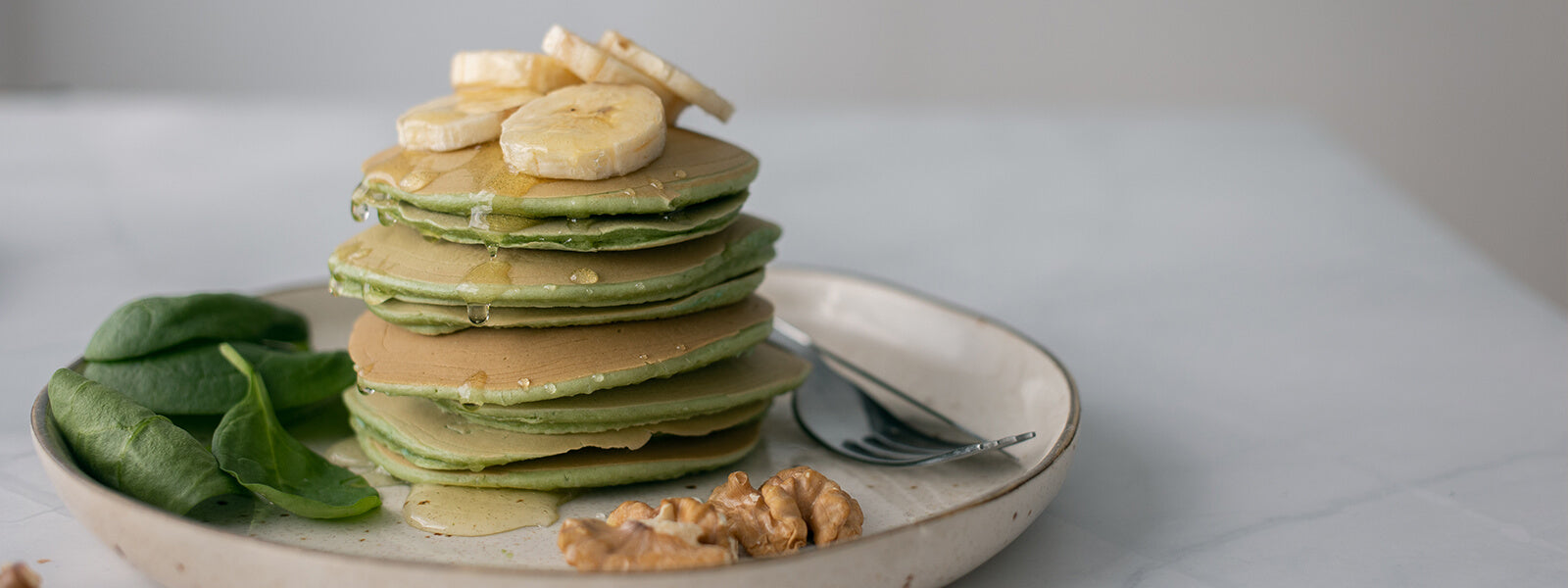
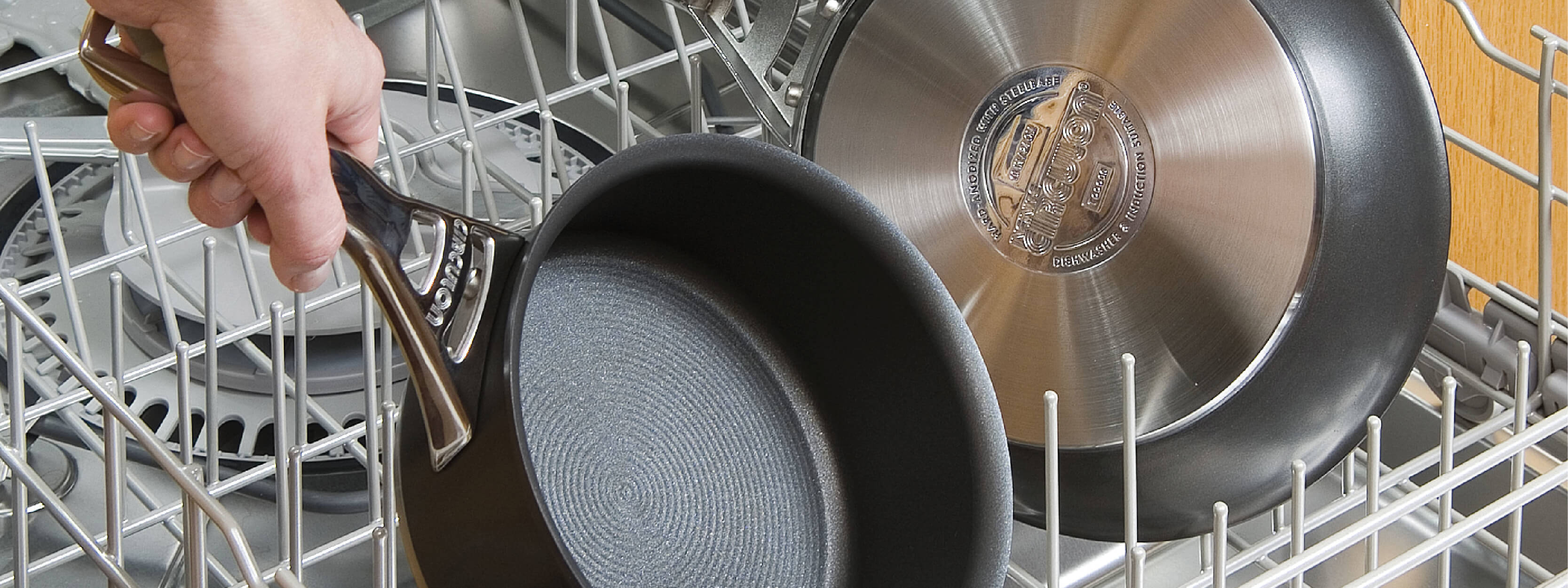
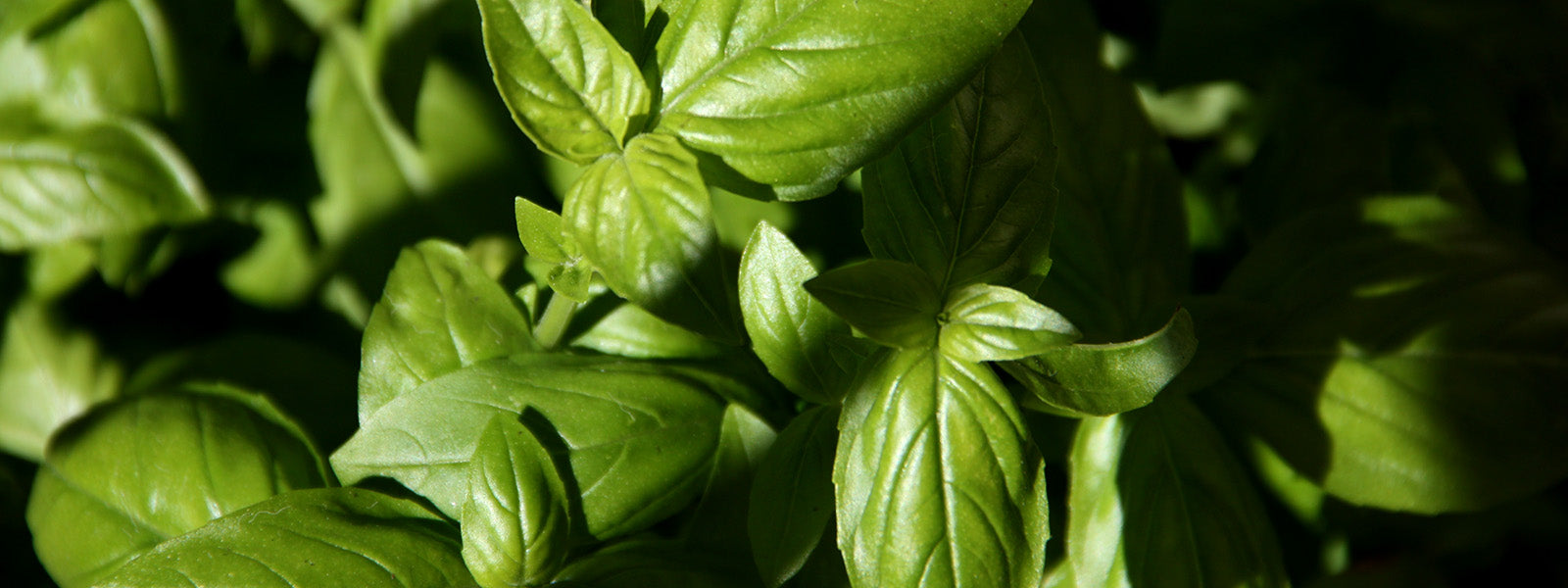
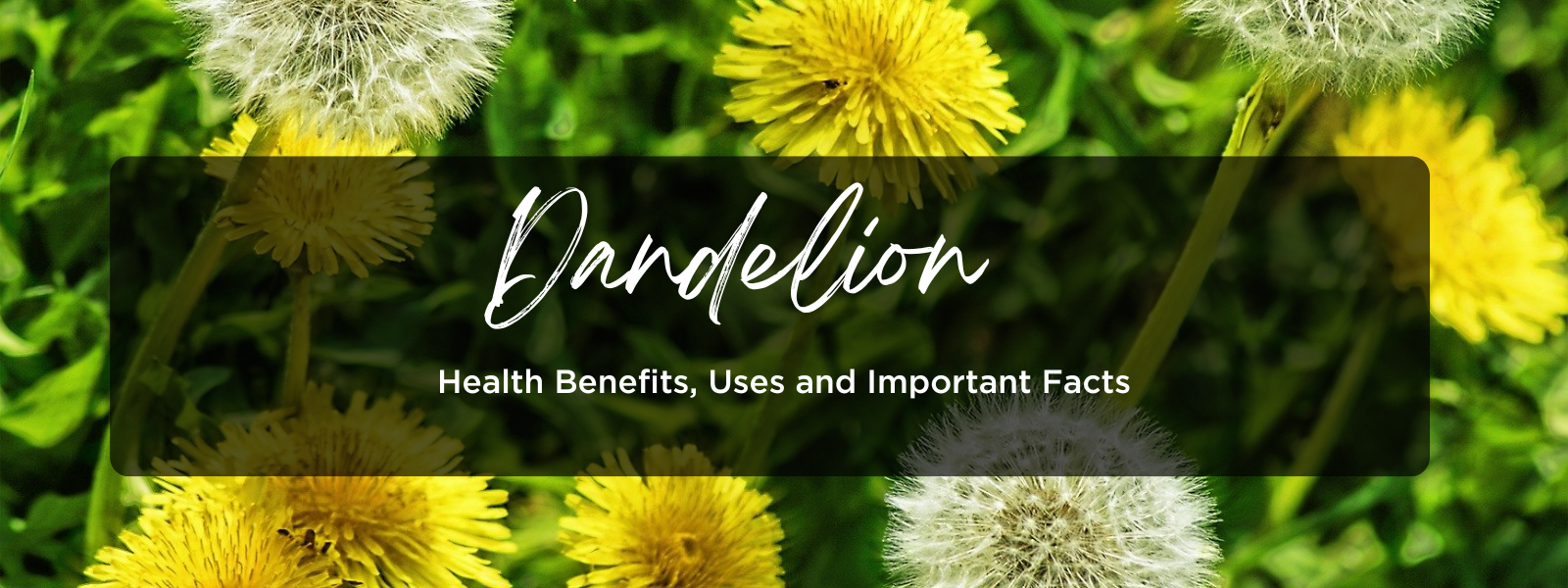

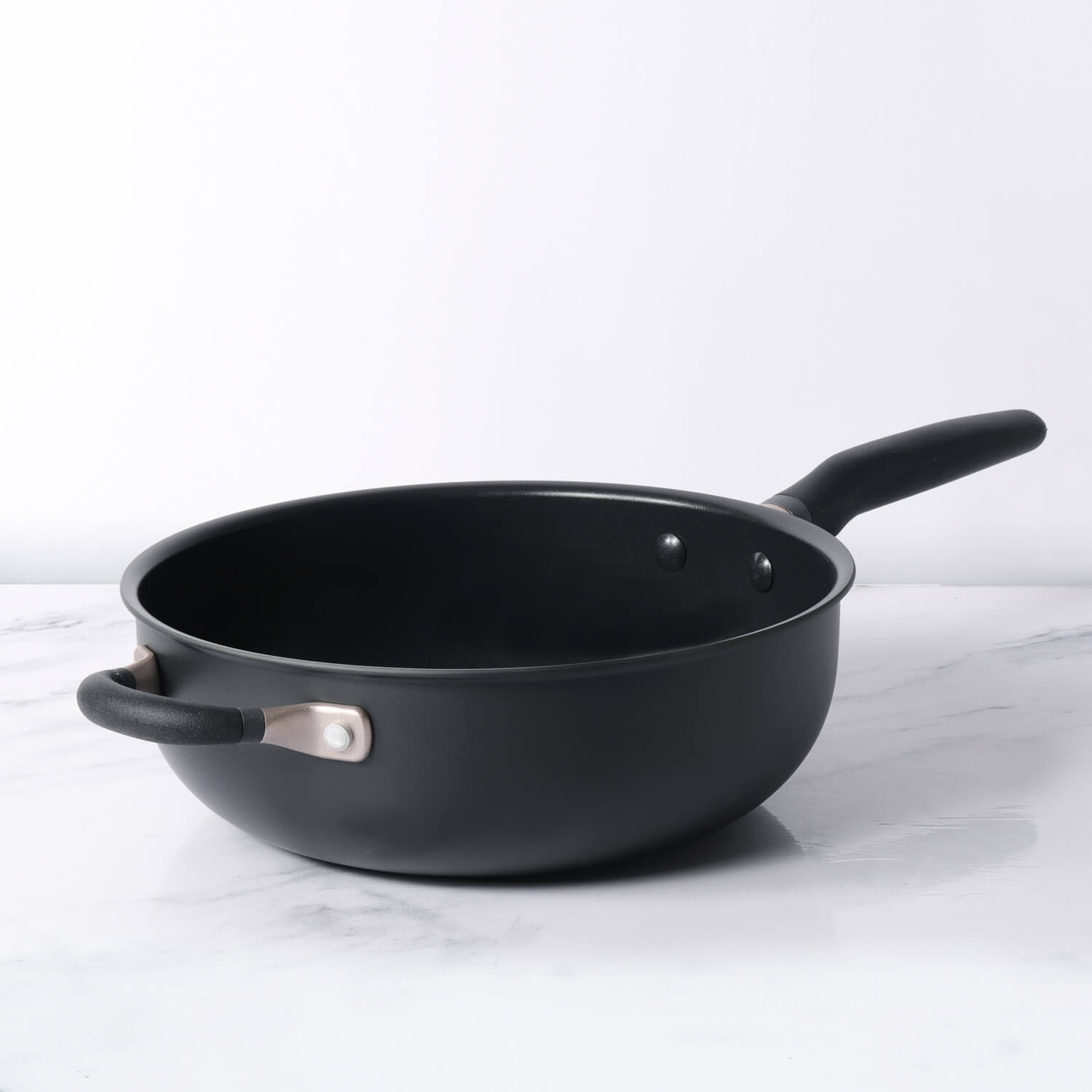





Leave a comment